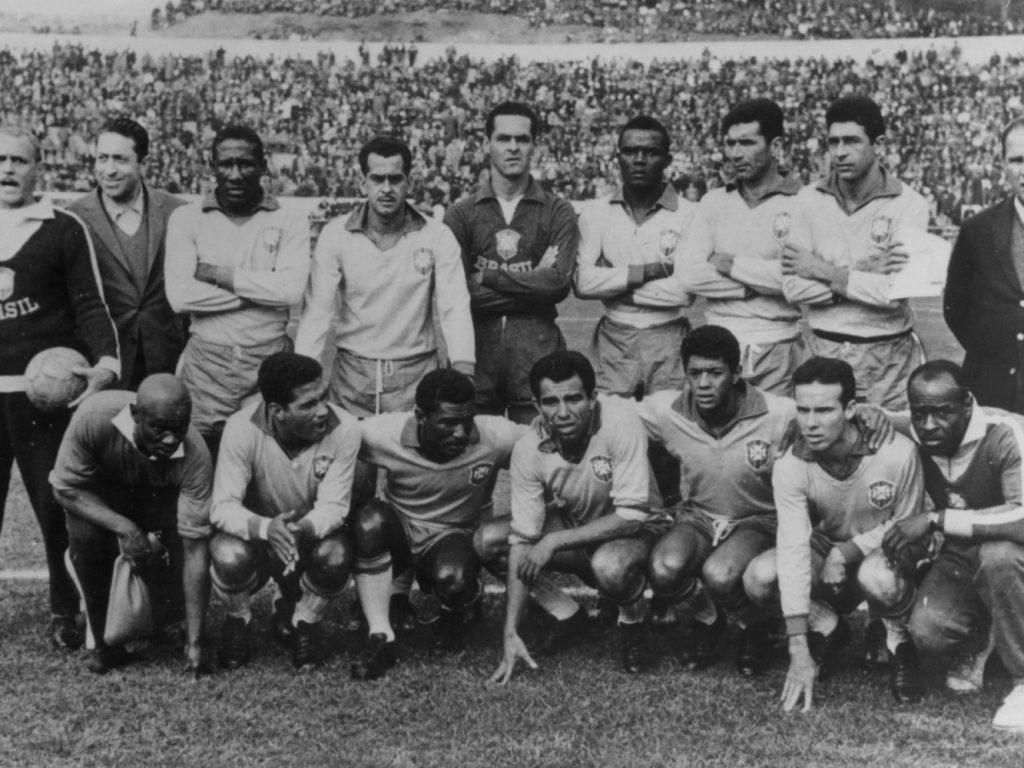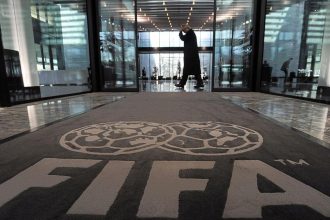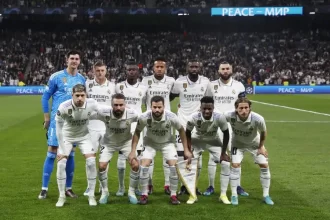The 1962 FIFA World Cup, held in Chile, marked the seventh edition of the prestigious international football tournament. It was a tournament filled with remarkable moments, unexpected upsets, and the rise of new football stars. In this article, we will delve into the exciting journey of the 1962 World Cup and explore the key highlights that made it a memorable event in football history.
Chile had the honor of hosting the 1962 World Cup, becoming the first South American country outside of Brazil and Uruguay to organize the tournament. Matches were played across four cities: Santiago, Viña del Mar, Rancagua, and Arica. The vibrant stadiums provided the perfect backdrop for thrilling matches and passionate crowds.
The format of the competition was similar to that of the 1958 competition: 16 teams qualified, divided into four groups of four. Four teams were seeded in the draw taking place in Santiago, on 18 January 1962: Brazil, England, Italy, and Uruguay. The top two teams in each group advanced to the quarter-finals.
Teams:
Mexico, Argentina, Brazil, Chile (hosts), Colombia, Uruguay, Bulgaria, Czechoslovakia, England, Hungary, Italy, Soviet Union, Spain, Switzerland, West Germany, and Yugoslavia.
President Jorge Alessandri gave an uninspiring inaugural speech before the first match, which was played between Chile and Switzerland. Alessandri left however before the end of the match. While Chilean society was living in a “footballized” atmosphere, Alessandri was criticized for his cold attitude towards the tournament, which forced his ministers to come out and claim he was as “footballized” as everybody else but was too busy to devote too much attention to the competition.
The 1962 World Cup marked the emergence of two Brazilian football legends, Pelé and Garrincha. Pelé, already a rising star, unfortunately, suffered an injury in Brazil’s second group-stage match against Czechoslovakia, sidelining him for the rest of the tournament. However, it was Garrincha, known for his incredible dribbling skills and agility, who stepped up and led Brazil to victory.
Squads for the 1962 World Cup consisted of 22 players, as for the previous tournament in 1958.
After Attilio Demaría and Luis Monti, who both represented Argentina in 1930 and Italy in 1934, Ferenc Puskás (Hungary in 1954, then Spain), José Santamaría (Uruguay in 1954, then Spain), and José Altafini (Brazil in 1958, then Italy) became the third, fourth and fifth players to play for two national teams in the World Cup. In light of this, FIFA created stipulations describing that once a player represents a nation during a World Cup or its qualifying rounds the player cannot switch to another national team. Robert Prosinečki and Robert Jarni would later become the sixth and seventh such players, playing for Yugoslavia in 1990, then for Croatia in 1998; Davor Šuker was also selected in both squads but did not play in 1990. This was accepted by FIFA because Croatia was a newly independent former republic of Yugoslavia.
The 1962 World Cup was filled with unexpected results and upsets. The group stage witnessed Italy, being eliminated early, failing to progress beyond the group stage. Similarly, the tournament saw the elimination of Argentina’s fierce rivals, Uruguay, in the group stage. These surprises showcased the competitiveness and unpredictability of the tournament.
One of the most memorable matches of the 1962 World Cup was the semi-final clash between Brazil and the host nation, Chile. Played at the Estadio Nacional in Santiago, the match was intense and highly contested. Despite a hostile atmosphere, Brazil emerged victorious with a 4-2 win, securing their place in the final.

In the final, Brazil faced Czechoslovakia, a team known for its strong defense. The match, held on June 17, 1962, showcased the skill and resilience of the Brazilian team. With Garrincha leading the way, Brazil secured a 3-1 victory, capturing their second World Cup title and becoming the second nation, after Italy, to win the tournament twice.


The 1962 World Cup left a lasting impact on the football world. It showcased Brazil’s depth of talent and introduced Garrincha as a national hero. The tournament also highlighted the rise of emerging football nations, such as Chile, who displayed their passion for the sport and their ability to organize a successful event.
The 1962 FIFA World Cup in Chile will always be remembered as a tournament of triumph, upsets, and the birth of new football legends. It showcased the resilience of teams, the brilliance of individual players, and the indomitable spirit of the host nation. The memories created during the 1962 World Cup continue to inspire generations of football fans worldwide and remind us of the magic that unfolds on the world’s biggest stage.





